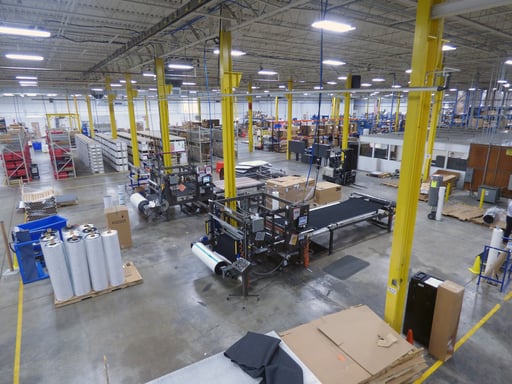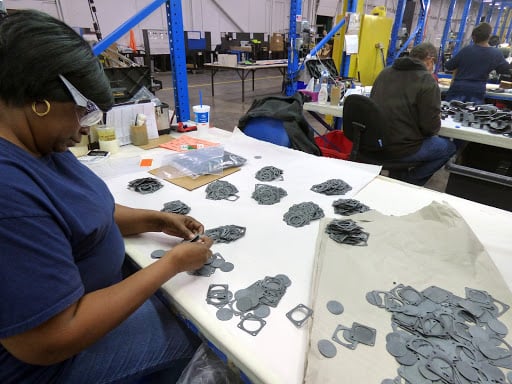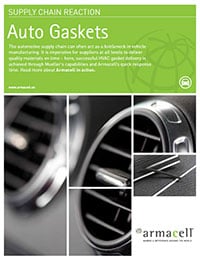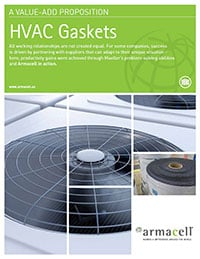
The health and safety industry holds its tools and devices to a very high standard, and rightfully so. These products are used in and around people who need them, making it very important to ensure that they are safe.
Proper material certifications are one major way that the industry regulates its products and upholds safety. Whether your business creates parts for medical tool kits or surgical devices, it’s important to be familiar with certifications and their impact on your business.
To help you make informed decisions, the medical experts at Mueller are going to break down the important certification types, how they affect the manufacturing process, and provide an example to help you see this information in action. With this guide, you’ll be able to create medical devices with confidence.
What Certifications Do Medical Materials Need?
All materials in the medical industry, including both adhesives and substrates like foam and rubber, need to be certified for use. These certifications mostly apply to applications where sterilization is a requirement.
The certifications important to the medical industry come from the Food and Drug Administration (FDA). There are multiple types of FDA certificates, including export and import. For more information on FDA regulations in the medical industry, take a look at their website for resources.
There are also multiple medical device classes to account for when looking at certifications. For example, the dental industry has Class 1 and Class 3 devices. Dental chairs or tool-holders would be Class 1 devices because they don’t require high levels of sterilization. However, a sterilizing tool or any device used in a patient's mouth are considered Class 3 because they must be sterile.

How Does Material Certification Affect the Manufacturing Process?
Material certification mostly affects the supply chain and where you get your materials from. Let’s take a closer look at what that means.
Before any materials are quoted, your converter needs to understand what requirements and certifications are necessary for that material. This way, they can make sure it has the proper certificates and qualities when they search for the product from a vendor. These materials usually come with a letter that says it can be used for specific applications.
The necessary material certifications are decided by the customer. Your business can use that information with a supplier and help you find the right materials to meet those needs, assuming the supplier has the right parts. There are certain suppliers that carry FDA-certified materials, but not all do; some aren’t certified because of their processes or chemical usage.
What Does This Process Look Like in Action?
For example, let’s say your business is getting a quote for a material used in a sterilization tray. You start by identifying what material you need for this product, and then reach out to a supplier to find a material with the proper certifications. Once that’s done, you conduct a test run for the customer to verify.
A test run involves a small batch of parts (up to about 20 pieces), where you conduct dimensional analysis as well as material breakdown and certification detailing. This information is passed on to the customer to approve before beginning full production.
Customers usually verify the test parts through first article inspection (FAI) or production part approval process (PPAP). These processes prove that the parts provided meet the certifications the customer needs. The customer determines which inspection process to use, but the outcome is the same: full production for the product if the initial test run is approved.
This process is standard for medical applications and similar to the production processes in other industries. The key takeaway in this case is finding a supplier that has properly certified materials. Not all supply companies have FDA-certified parts; if you don’t have the right parts for your customer’s job, you can’t do it.

Why Does Material Certification Matter in the Health and Safety Industry?
Products in the health and safety industry are held to very high standards, which are reflected in the certifications needed for many materials.
Understanding material certifications and their place in the manufacturing process is fairly straightforward, but still necessary to cover before beginning projects in the medical industry. Remember to identify a material’s requirements, make sure that the material you choose meets them, and then validate everything through customer inspection before moving forward.
By understanding the different FDA certifications needed for medical applications, as well as the process for verifying materials with those requirements, you can create products that meet the demanding needs of the health and safety industry.






